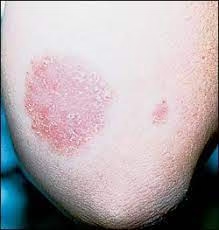
Superficial dermatophyte infections involve the skin, hair, or nails and are caused by dermatophytes belonging to genera such as Trichophyton, Microsporum, and Epidermophyton. Laboratory diagnosis relies on microscopy, culture, and Read More ……..
Simplifying Allied Health Learning.

Superficial dermatophyte infections involve the skin, hair, or nails and are caused by dermatophytes belonging to genera such as Trichophyton, Microsporum, and Epidermophyton. Laboratory diagnosis relies on microscopy, culture, and Read More ……..

Introduction The TPHA and FTA-ABS tests are confirmatory tests for syphilis after a non-treponemal test (such as VDRL) shows a positive result. These tests detect antibodies specific to Treponema pallidum Read More ……..
Introduction The VDRL test was developed as a screening test for syphilis and is particularly used to detect secondary syphilis and the early stages of the disease. Syphilis progresses in Read More ……..
Introduction The Cold Agglutination Test detects cold agglutinins (antibodies) in a patient’s blood, which cause RBCs to agglutinate at temperatures lower than 37°C. Cold agglutinin disease is characterized by agglutination Read More ……..
Introduction The Rose-Waaler Brucella Agglutination Test is a serological test detecting Brucella-specific antibodies in human serum. Brucella species are intracellular bacteria causing brucellosis, a zoonotic disease characterized by fever, malaise, Read More ……..